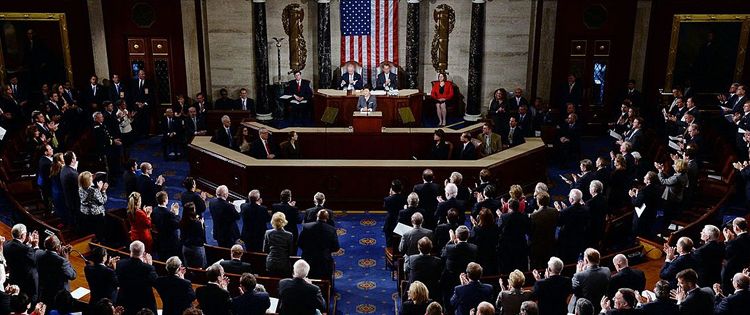Canada’s cannabis industry is budding and growing at an extraordinary speed since medical cannabis legalization in 2001. Health Canada, the country’s equivalent of U.S.’ Department of Health and Human Services was given the authority to oversee the production and licensing of the substance soon after the decriminalization.
As of this moment, the North American country is on its way to legalizing recreational cannabis.
On June 7, a Senate vote will determine the fate of the bill presented in April last year.
Assuming passage in the Senate, the petition which already has made rounds in the federal government will be voted on and the legalization of the recreational use of marijuana will be implemented soon after.

Regulators predict that in August or September this year, Canadian citizens over 18 would be able to legally purchase cannabis. They forecast more than $5 billion in annual sales once the legalization takes effect.
Marijuana Industry in the U.S. Still Stuck in Stone Age
The chances that the federal government changing marijuana’s classification as a Schedule I drug, a categorization that makes it illegal and highly probable for abuse, is virtually zero.
Events in the past few months is a testament to the current administration’s negative perception of the substance.
Medical patients, cannabis entrepreneurs, and the industry as a whole have long been suffering from the misguided label.
Marijuana businesses have limited basic banking, credit, and checking accounts access, some even are restricted.
Why? Financial institutions in any state in the U.S. directly report to the Federal Deposit Insurance Corporation.
FDIC is a federal entity and since marijuana is outlawed at the federal level, banks which offer banking services to a marijuana-related organization is considered as a money laundering activity under the Controlled Substances Act (CSA).
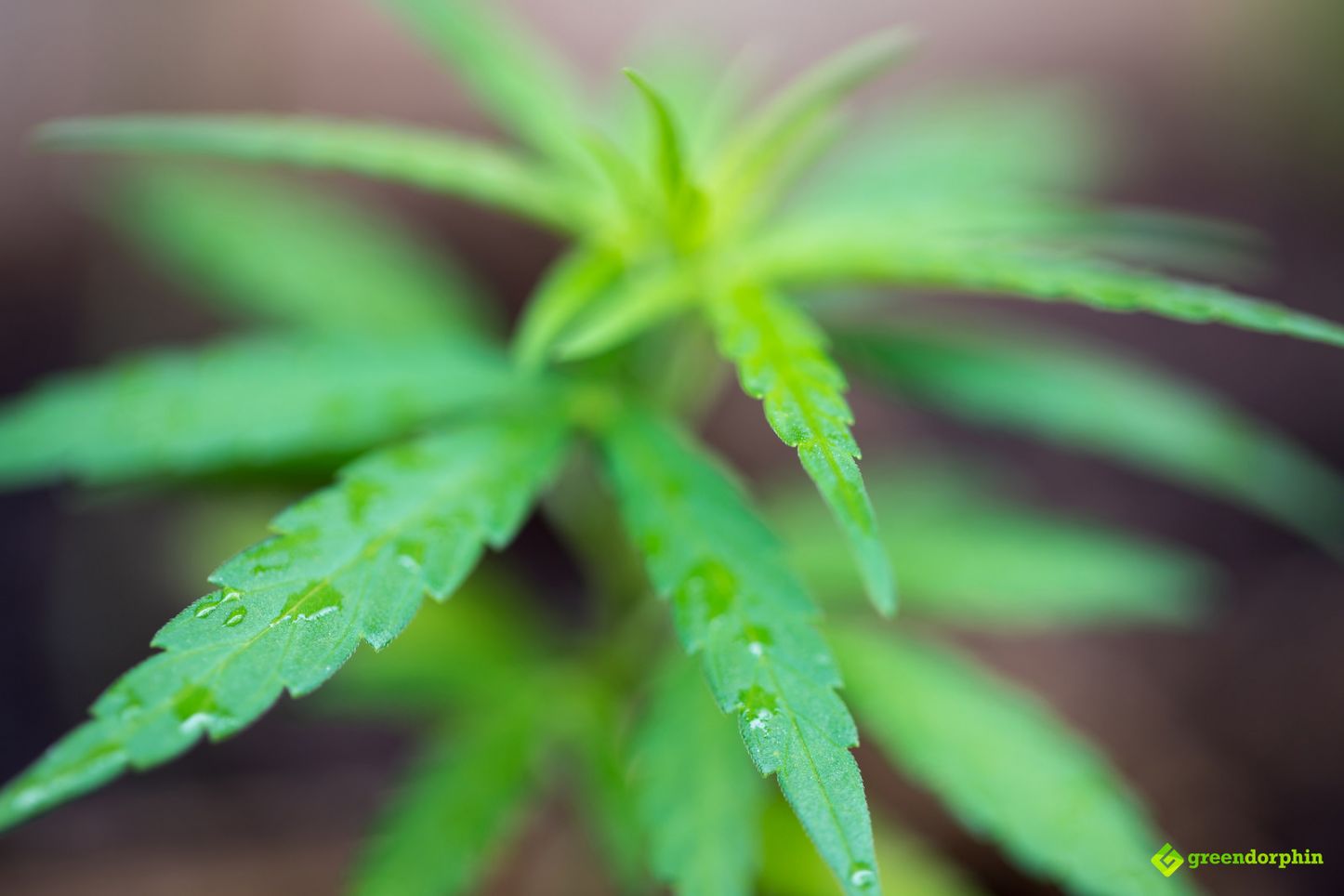
Furthermore, businesses that deal with marijuana have to pay absurdly high taxes.
Tax code 280E demands a 70-90% tax rate on the registered business. Since cannabis is illegal at the federal level, the for-profit cannabis organizations that generate revenues and profits from marijuana-related transactions are not allowed to benefit from the normal corporate tax deductions.
Patients, on the other hand, are affected by the red tape brought about by the outdated laws. Not to mention the limitations researchers’ have to abide in conducting studies on how cannabis can further help those seeking medical need.
The University of Mississippi is the only facility in the U.S. where growing and studying marijuana is legal.
Jeff Sessions’ War on the U.S. Marijuana Industry
Attorney General Jeff Sessions is the leading proponent of marijuana in the U.S. Sessions made it clear on several public appearances. He even blames cannabis for being the reason for the opioid epidemic.
It’s not. According to several scientific research, it could even be the solution.
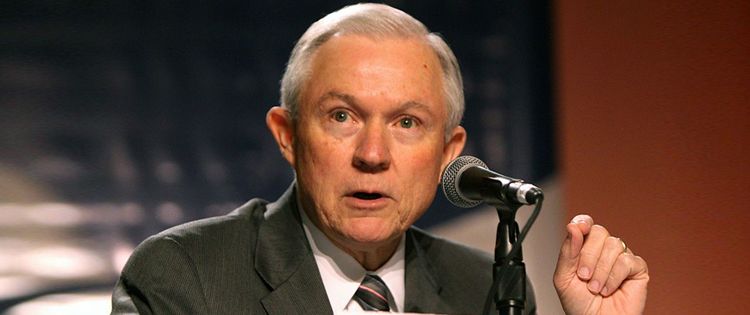 Image source
Image source
On May 2017, AG Sessions handed out letters to his congressional colleagues. The document requested the Congress to repeal the Rohrabacher-Farr Amendment.
Also known as Rohrabacher-Blumenauer Amendment, it was associated with the federal dollars and it is what controls and prohibits the Department of Justice from utilizing the national budget to prosecute medical cannabis businesses from legal states.
Sessions was not successful in disposing of the amendment.
But Sessions also won several battles in his drug war.
He was successful in rescinding the Cole memo in January this year. The memo written by the former Attorney General James Cole from the Obama administration gave specific guidelines for states to follow. It was for them to keep the federal government from meddling with the cannabis industry in their territory.
According to Sessions, the memo has overstepped its bounds so he had to invalidate it. Currently, with the memo down, state prosecutors can charge individuals and business on marijuana-related cases per CSA – even in the states where the substance is legal.
Congress’ Sides with the Public Majority
A Gallup poll last October proved that Session’s views are not the same as the majority of the public.
The count showed that 64% of the respondents agree with the idea of making marijuana legal nationwide- the highest ever recorded.
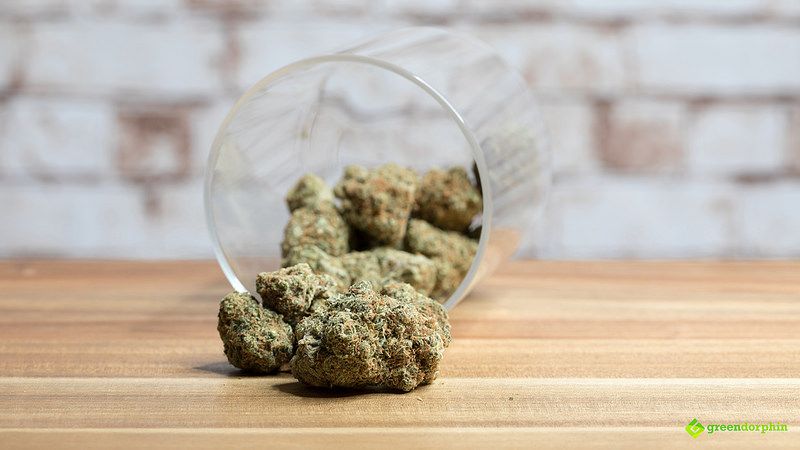
Furthermore, since April 2017, four other national polls have shown identical results that show support for the movement.
Aside from the new law under Section 538 that limits the scope of what the Attorney General can do to hinder the progress of the cannabis at the state level, almost 60 bipartisan legislators wrote to the House Appropriations Committee in support of the majority.
They requested that new and expansive provisions be added in the federal budget in 2019. The provision aims to protect every cannabis business, medical and recreational, from being prosecuted by federal bodies as long as they operate and comply with their state’s laws on the handling and peddling of the substance.
Here is an excerpt from the letter:
“We are concerned about the Department of Justice enforcing federal marijuana law in a way that blocks implementation of marijuana reform laws in those states that have passed such reforms. The issue at hand is whether the federal government’s marijuana policy violates the principles of federalism and the Tenth Amendment. Consistent with those principles, we believe that states ought to retain jurisdiction over most criminal justice matters within their borders.”
Thirty states have now legalized medical marijuana, with Virginia joining the numbers just recently. Nine others have given their green light for recreational marijuana use.
With stakes getting higher than ever, the U.S. Congress seems to be finally siding with the view of the majority of the public, a usually rare sight.
Marijuana’s Change from Schedule I Might Still Take Time
The movement is ever progressing and has no clear signs of stopping. But it could even be faster if not for the current administration.
As long as President Trump remains in the White House and he still has Jeff Sessions as his Attorney General, the Schedule I classification will stick.
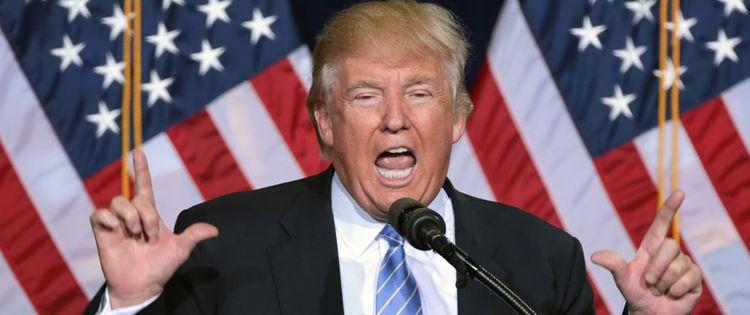
Meanwhile, the president, who said that he is 100 percent behind the movement of medical marijuana during the campaign period, has seemingly forgotten the topic of legalization.
A clear pathway to legalization at the federal level is unclear at the moment.
This uncertainty leaves the marijuana industry, especially those who have already invested so much in the market, stranded in a limbo.
Even more so, the patients who badly need marijuana to alleviate their pain or potentially heal them to full recovery.
Share your views with our Greendorphin community in the comments section below.
- How Commercial Cannabis Growers Can Benefit from Using a Software - May 17, 2019
- Understanding CBD Interactions and Why CBD and Your Brain Can Be Best Friends - January 4, 2019
- The Difference Between Using THC and CBD - December 19, 2018

